Lauding the decades-long ties between India and Palestine, Palestine’s Ambassador to India, Abdullah M. Abu Shawesh, said that India has been supportive of the war-torn state at both political and financial levels.
In an exclusive conversation with Firstpost’s Bhagyasree Sengupta, Ambassador Shawesh elucidated the ways New Delhi has been supporting the Palestinian cause throughout the Gaza crisis. He also revealed that the Palestinian Embassy is in a “deep discussion” with the Indian Ministry of External Affairs on how India has pledged to support the stability in the region.
“India was strictly very supportive of the Palestinian people, whether on a political level or even on a financial level. The second thing I would like to shed light on is that India is supporting UNRWA, the United Nations entity that deals with the Palestinian refugees, with $5 million per year,” Ambassador Shawesh told Firstpost.
India just three days ago voted in favour of another UN resolution in favour of the Palestinian question. We are in a deep discussion with the Minister of Foreign Affairs on the areas that they will be part of. And there are many areas that India will be and has already pledged that it will be with us on them. I will not mention any of it right, but very soon we will declare it loud and clear," he said.
The Palestinian envoy maintained that both sides are “working very hard together” to improve the ties and “take it a step forward”.
On the turbulent situation in Gaza, even after the ceasefire
When asked about the persistent turbulence in Gaza even after both Israel and Hamas agreed to the 20-point peace plan proposed by US President Donald Trump, Ambassador Shawesh pointed to a recent report by the UN, describing the situation as “miserable”.
“When you talk about the situation in Gaza, I just want to take you back to the recent reports from the UN and all of the other very respected international organisations, which are also saying that it is a miserable situation. Hunger is still there. Israel did not stop firing and killing the Palestinian people,” he told Firstpost.
Quick Reads
View AllThe recent killings in the coastal enclave hit home for the Palestinian diplomat serving in India as well. “Unfortunately, just two days ago, they killed 14 members of my personal family, my Abu Shawish family. The situation there is very miserable,” he said.
“The ceasefire is just something that we hear about, but on the ground, Israel did not stop killing and launching an airstrike against the Palestinian civilians. I say civilian people, because in my family all 14 of them were children, women and very poor civilian people,” he furthered.
He went on to blame Israel’s Prime Minister Benjamin Netanyahu for the delay in the implementation of the second phase of the ceasefire. “The Israeli prime minister is trying to find any excuse not to start the second phase of the ceasefire and to implement the Trump plan,” the Palestinian envoy averred.
On West’s recent change of heart
This year, several Western nations such as France, the United Kingdom, Canada, etc, announced that they are recognising the Palestinian state, strengthening the two-state solution. However, many called the proclamations ’too little, too late’. When asked about the matter, Ambassador Shawesh agreed with the sentiment and pointed out how it was the UK, which ultimately “sowed the seed of all misery”. However, the Palestinian diplomat pointed to the positive aspect of the West’s call as well.
“It’s too late, especially for the United Kingdom, which sowed the seed of all the misery that we are facing. But by the end of the day, they finally realised that the two-state solution is the only solution. And to put the two-state solution in that way, they should recognise the state of Palestine, which came again very late, unfortunately, approximately 40 years after India recognised the state of Palestine, for example.
“But anyhow, they finally recognised the state of Palestine. But the two-state solution will continue to be at a theoretical level unless Western countries and the international community at large take very significant steps to put an end to the Israeli occupation. To do so, there are a lot of tools, just tools, legal tools, diplomatic tools, non-violent tools, tested tools that they can use.”
“If the international community and particularly the Western countries use these tools, Israel will dismantle its occupation within one month. One of those tools is just to stop flying to Israel. It’s a very safe, very legal, very diplomatic move that if they took it, all the nations from all around the world, just to stop flying to Israel, Israel will dismantle its occupation,” Ambassador Shawesh told Firstpost.
“Another very important tool, which is completely, utterly aligned with international law, is to stop trading with the Israeli settlements. If they stop trading with the Israeli settlement, this means that the Israeli settlement will not become a profitable organisation or a profitable money-generating project. So that’s why they will not continue the settlement project,” he added.
The Palestinian ambassador also urged the international community to “stop feeding the Israeli settlement with trillions of millions of dollars from all around the world as a charity and campaign that they are launching to strengthen this unlawful project in the occupied Palestinian territory.”
Trump’s peace plan: Concerns and hopes
When asked about Trump’s 20-point peace plan for Gaza, Ambassador Shawesh emphasised that while there are a lot of concerns about the plan, it is still the “only issue on the table”. “Trump’s plan commits to peace and will end the daily slaughtering of the Palestinian people,” he said.
“It will guarantee that no more Palestinian children will die due to hunger and malnutrition. But unfortunately, many of the Palestinian people are still killed daily in the West Bank and the Gaza Strip. According to a press statement yesterday, the vast majority of the Gazans are still going to sleep with empty stomachs,” he remarked.
Future of Palestine
When asked about what the future of Gaza would look like after the war is over, the Palestinian ambassador called for a united approach. “When we talk about Gaza, it should be, we should talk about the unity of the Palestinian territory. Gaza, West Bank, including East Jerusalem, should be tackled in one package,” he told Firstpost.
“We could not talk about Gaza as if it were in a separate or different place. It should be tackled, or when we talk about the two-state solution or the future for the Palestinian people, the future of the peace, Gaza should be an essential part of the Palestinian territory,” he concluded.
The Ambassador’s interview with Firstpost came on the sidelines of a media workshop on “Covering War and Conflict: Challenging Disinformation and Reporting Human Stories,” which was organised by The Azadi Project in partnership with the Embassy of Palestine.


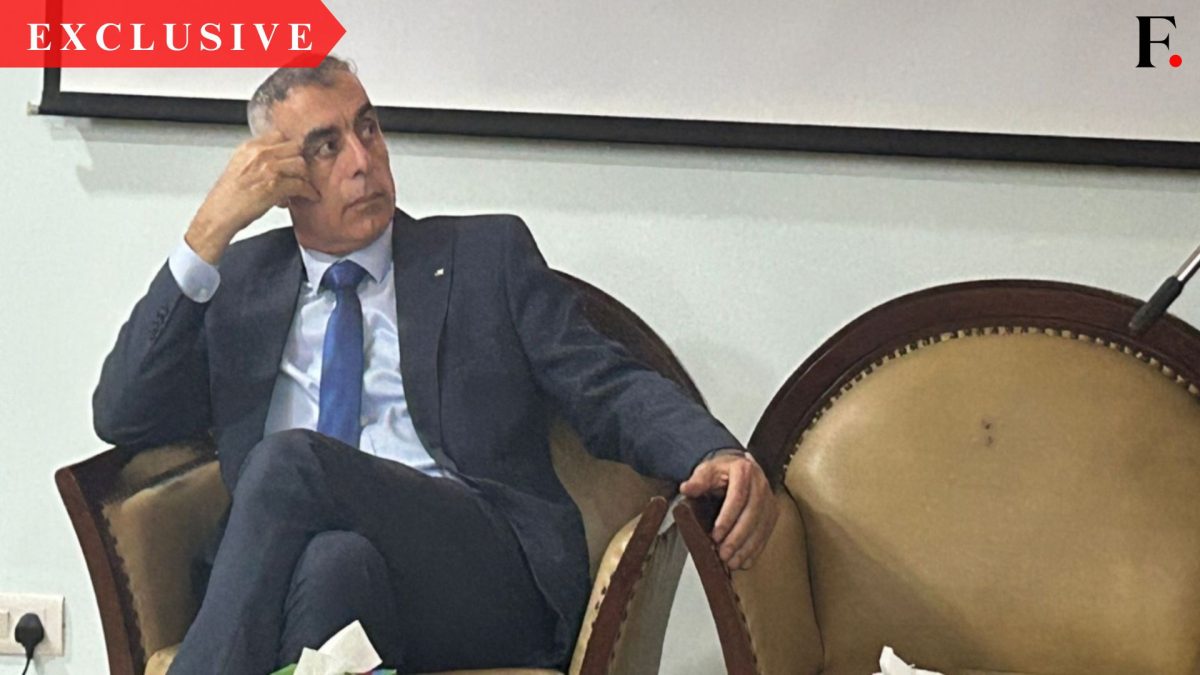)
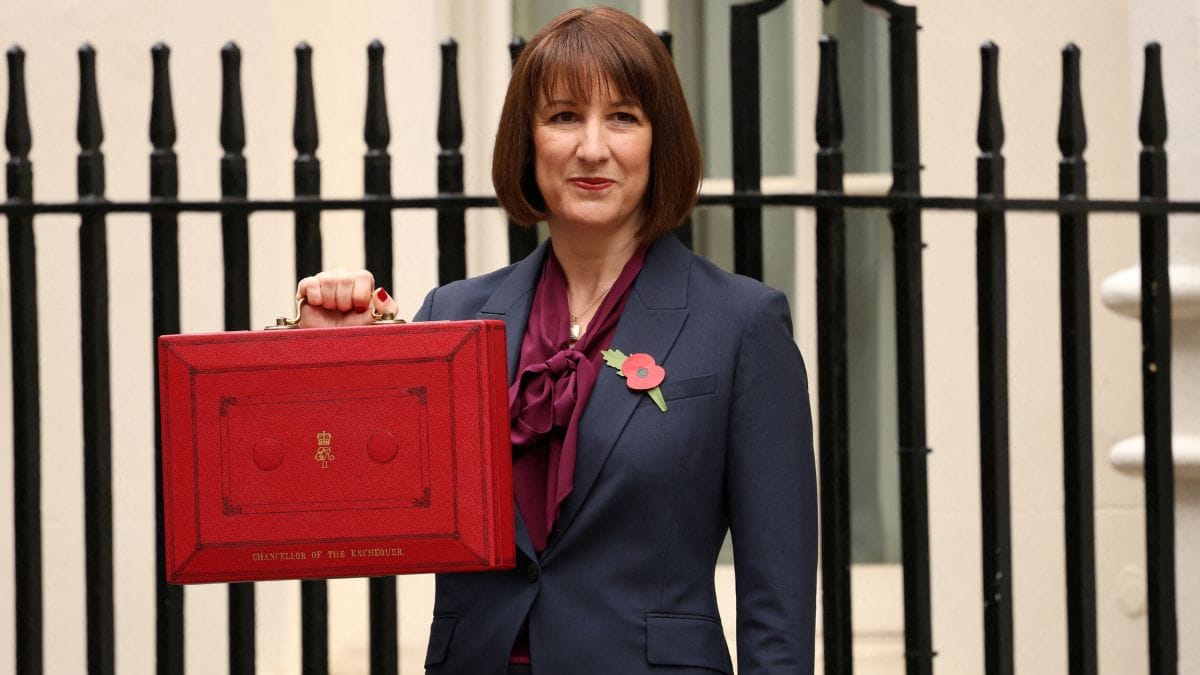
)
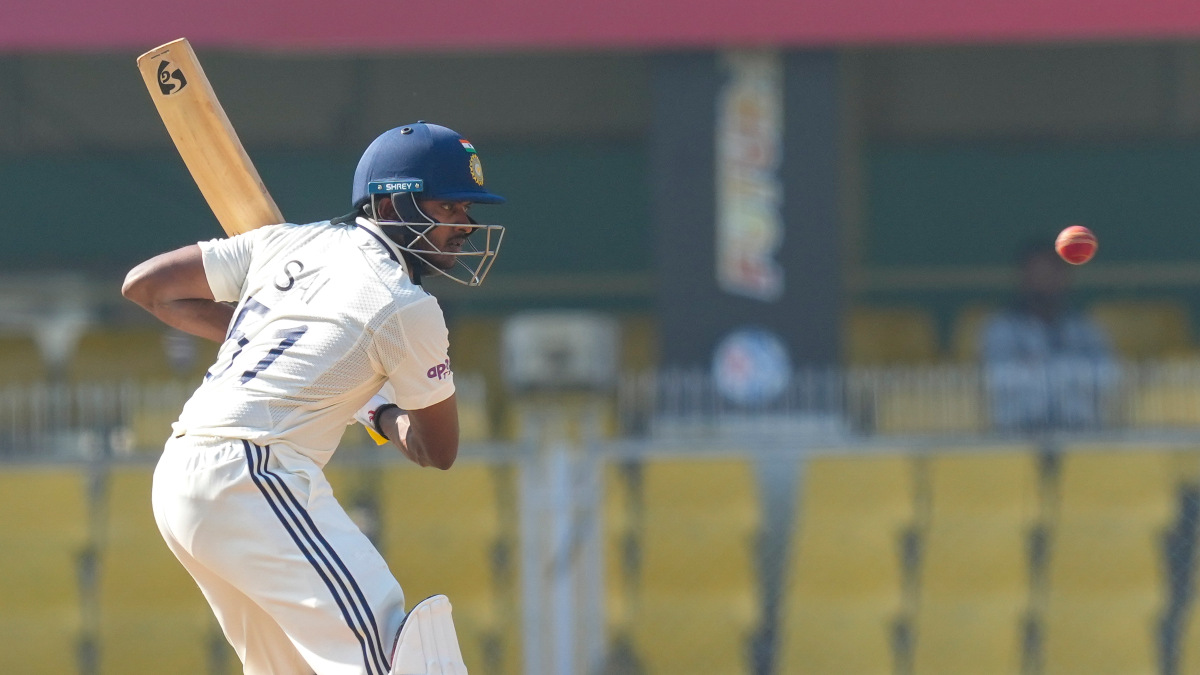)
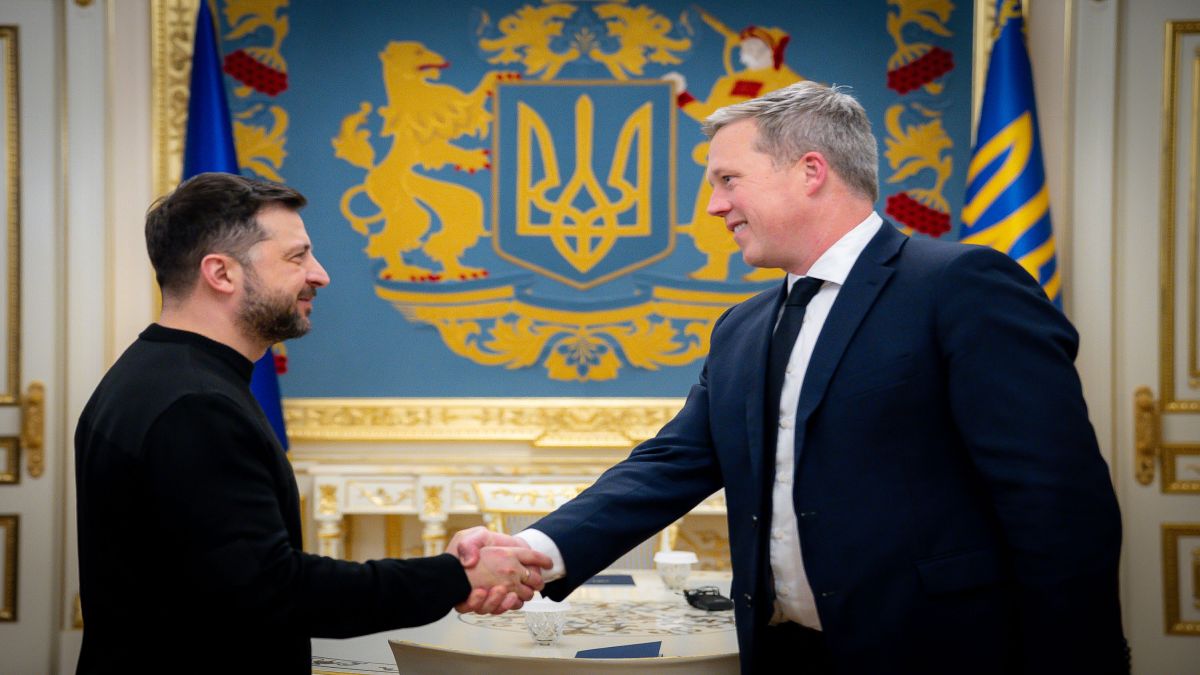)
)
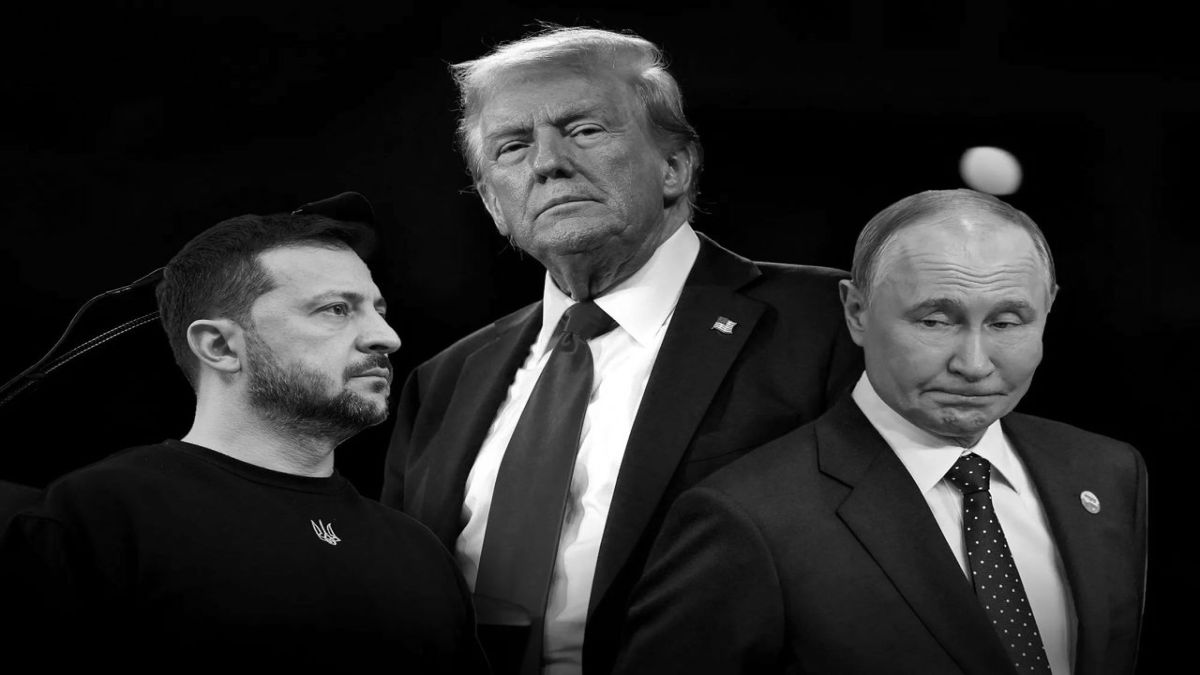)
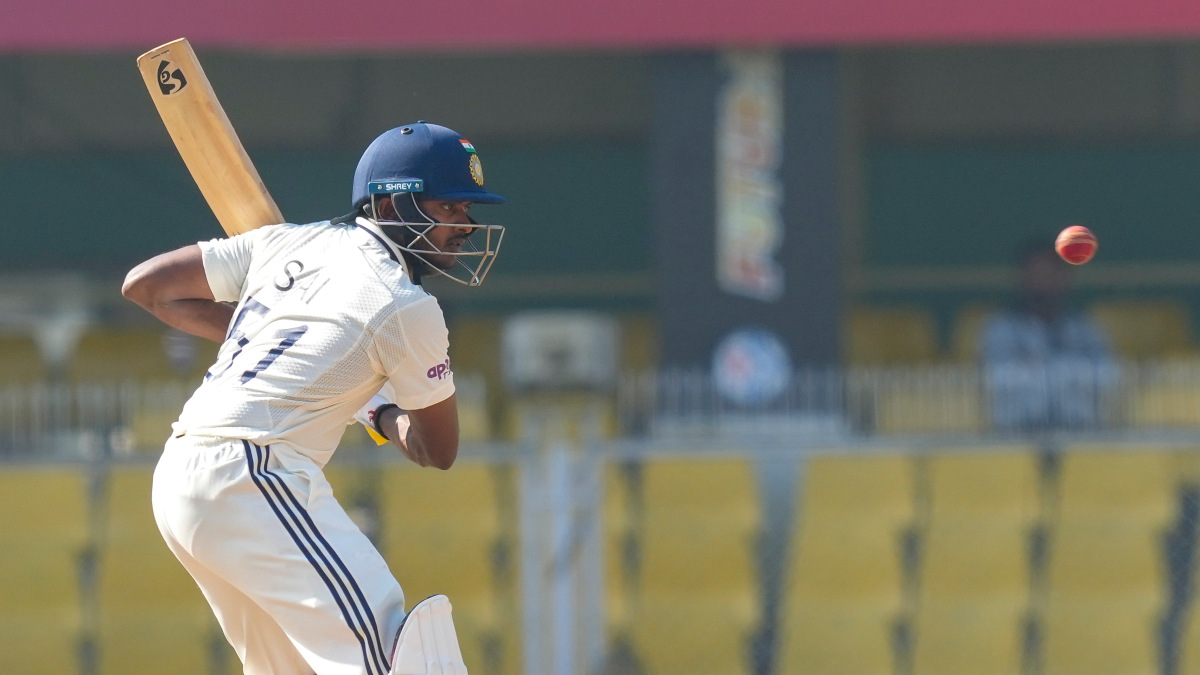)
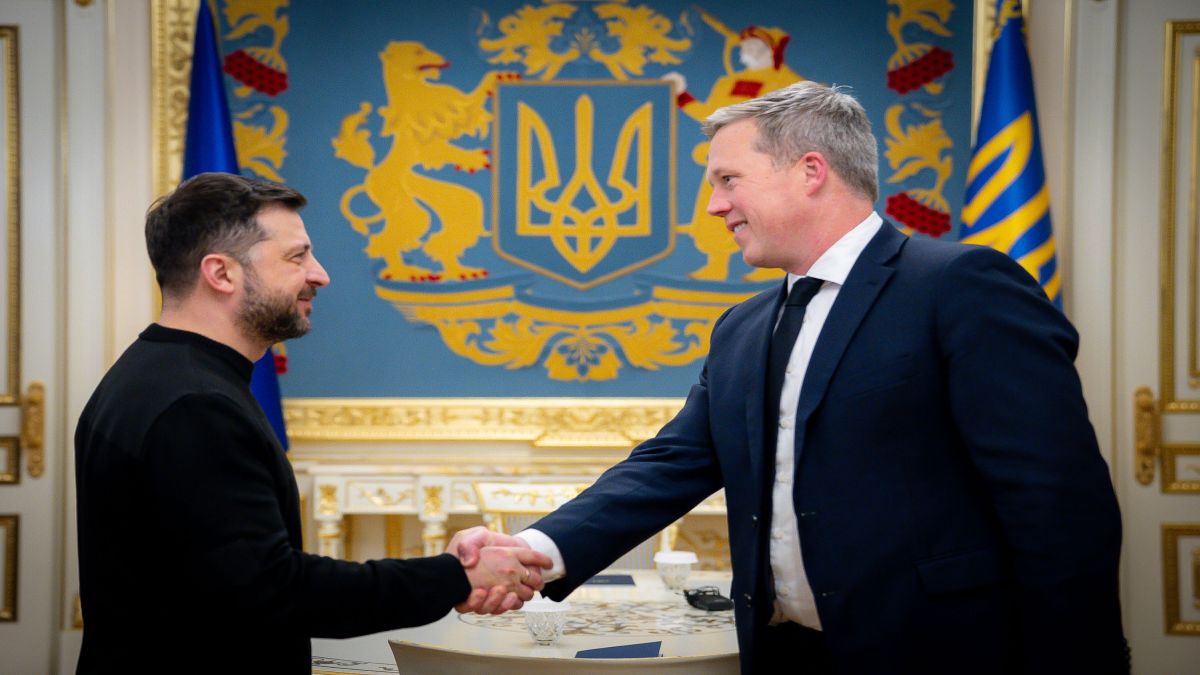)
)



